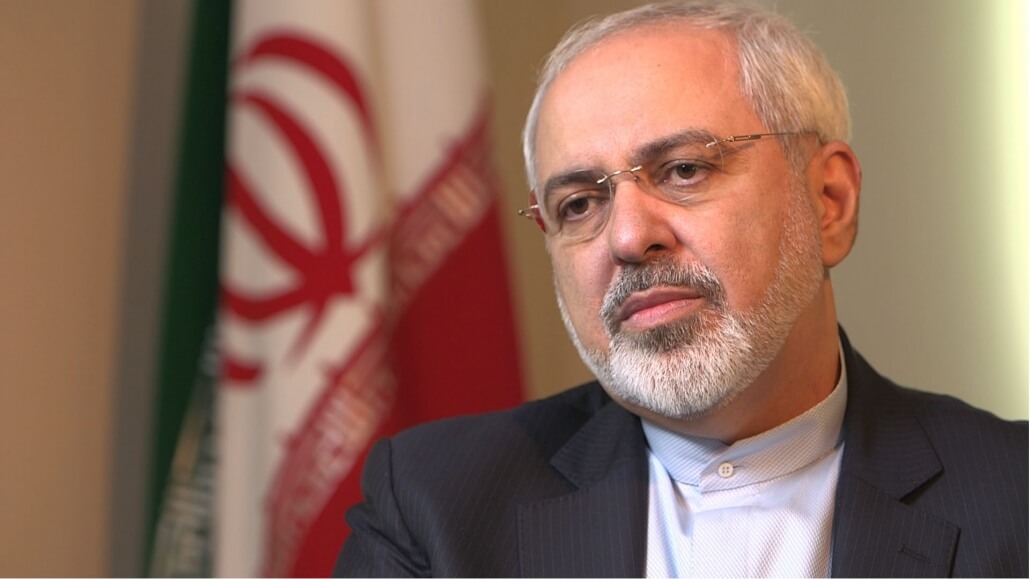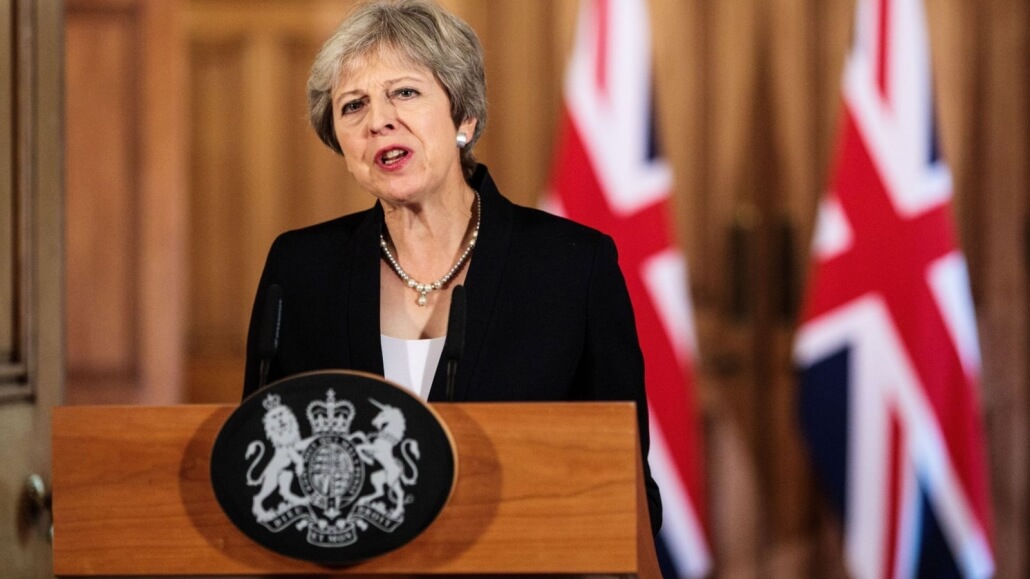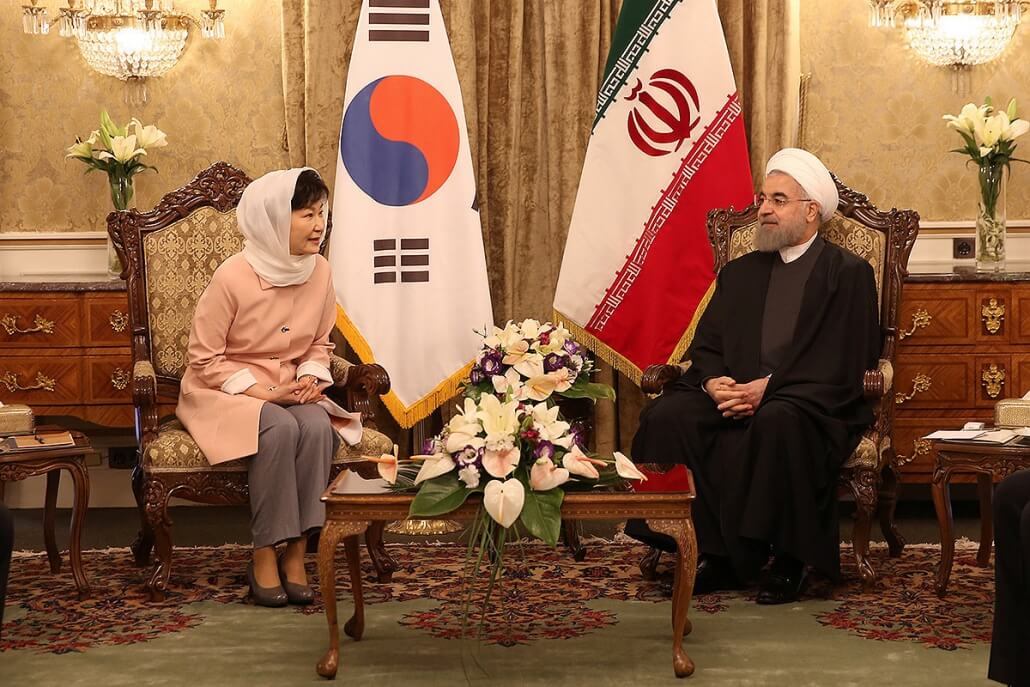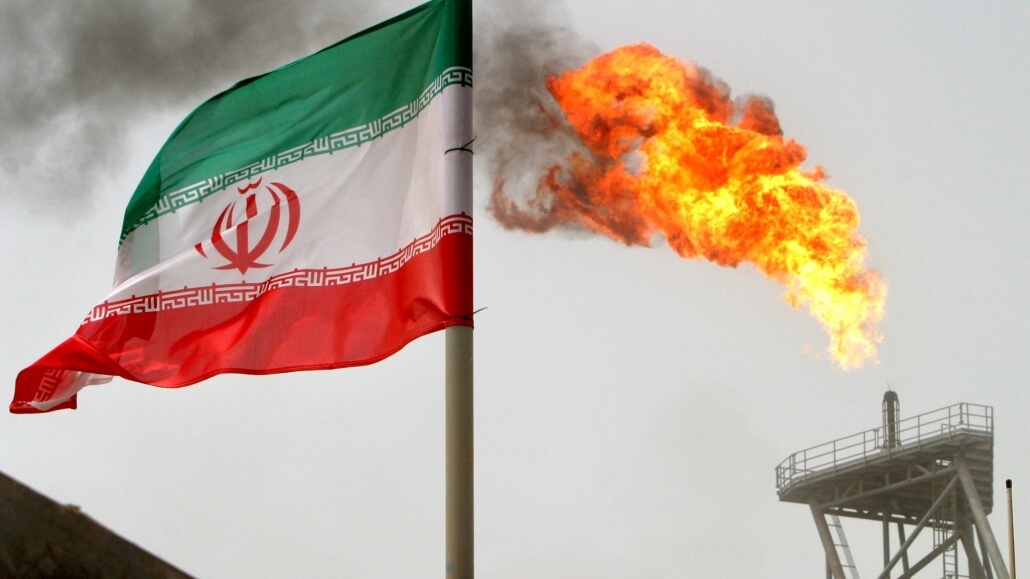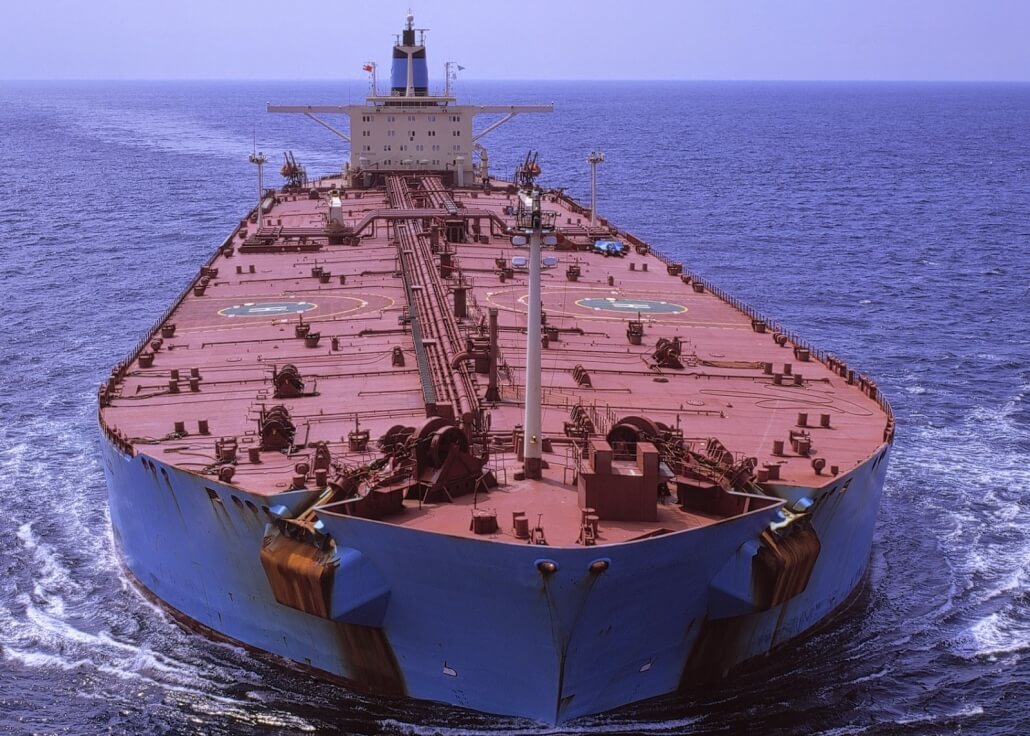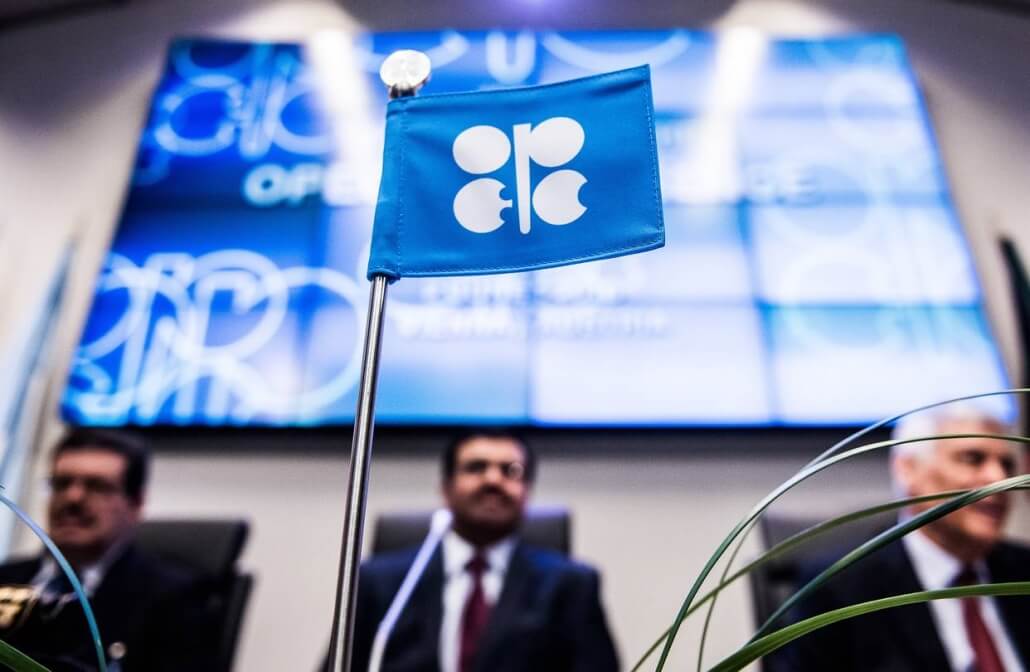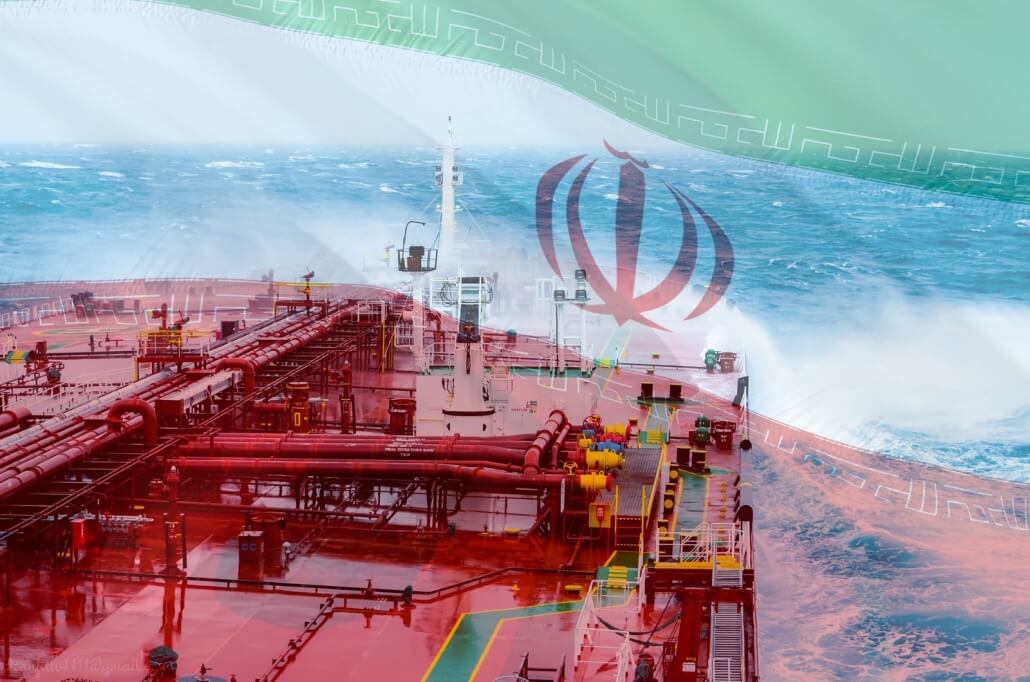In a major snub to the United States, the European Union has decided to set up a new mechanism to enable legal trade with Iran without encountering US sanctions.
The EU will create new payment channels to preserve oil and other business deals with Iran, Federica Mogherini, the bloc’s foreign policy chief said late on Monday, in a bid to evade US punitive measures.
US President Donald Trump withdrew from a 2015 nuclear deal in May and re-imposed sanctions on the country.
Mogherini’s announcement came after a meeting with foreign ministers from Britain, France, Germany, Russia, China, and Iran on the sidelines of the United Nations General Assembly in New York.
“In practical terms this will mean that EU member states will set up a legal entity to facilitate legitimate financial transactions with Iran and this will allow European companies to continue to trade with Iran in accordance with European Union law and could be open to other partners in the world,” she told reporters after the closed-door meeting.
The EU, along with Russia and China, said in a joint statement that the so-called “Special Purpose Vehicle” will “assist and reassure economic operators pursuing legitimate business with Iran”.
The statement added that the six countries signatory to the 2015 nuclear agreement “reconfirmed their commitment to its full and effective implementation in good faith and in a constructive atmosphere”.
2015 nuclear deal
Known formally as the Joint Comprehensive Plan of Action (JCPOA), the Iran nuclear deal ended a nearly 12-year standoff between Iran and Western powers in 2015.
It was spearheaded by the Obama administration and saw the lifting of international sanctions.
The nuclear agreement is meant to prevent Tehran from developing nuclear weapons, but Trump announced in May he was unilaterally pulling out because he felt it wasn’t strong enough and didn’t cover other issues of concern to the US and its allies, such as Iran’s military influence in the Middle East and its ballistic missile programme.
The US has also accused Iran of promoting international terrorism, a charge Tehran vehemently denies.
A second round of US sanctions is expected in November, aimed at putting a stranglehold on Iranian oil exports.
Meanwhile, the EU has vowed to stick with the deal and updated legislation to protect European companies from future sanctions.
The EU, US allies and the international nuclear watchdog IAEA maintain that Iran continues to abide by the terms of the agreement.
‘Last chance’
Mogherini said on Monday the decision to set up such a vehicle had already been taken and that technical experts would meet again to flesh out the details.
Al Jazeera’s Shihab Rattansi, reporting from the UN headquarters in New York, said the new entity will act as a “clearing house, a middleman, so to speak, between Europeans and Iranians as they try to do business.”
“If the Italians want to buy some Iranian oil, they will wire the money to this entity which will then handle the financial transactions from there and vice versa,” he said.
“There will be no involvement of commercial banks and central banks, both of whom are terrified at the prospect of US retribution if they are seen to be going against US sanctions.”
Rodger Shanahan, a research fellow at the Lowry Institute for International Policy, called the EU agreement “a poke in the eye for the US”.
“I think it reflects the kind of the attitude that the Europeans have had about the decision by President Trump,” he told Al Jazeera in an interview from Sydney, Australia.
“They have been quite upset about going against international norms of pulling out of the agreement. At the same time, all external auditors have found that Iran has been complying with the agreement.
“So the Europeans want to try and save the agreement and they’re seeing this as really the last chance.”
‘Math on Iran’s side’
The EU move came a day before Trump and Iranian President Hassan Rouhani separately address the UN General Assembly on Tuesday, with the US leader expected to take a hard line on Iran.
“Iranian leaders are likely to be seen pushing their partners – the four remaining signatories plus one – to try to save some of the economic benefits from the nuclear deal,” said Al Jazeera’s Zein Basravi, reporting from the Iranian capital, Tehran.
Despite opposition from the EU, a number of businesses including French energy giant Total and carmakers Peugeot and Renault as well as Germany’s Siemens and Daimler have already suspended operations in Iran for fear of triggering US sanctions.
But Iranian officials have told Al Jazeera that up until now oil sales have more or less remained the same, Basravi reported.
“International demand and market forces dictate that the math is on Iran’s side,” he said.
“So, unless the Trump administration and the White House are willing to accept a price hike, unless the international market is willing to see oil prices go up, then really the math will remain on Iran’s side and oil sales are not expected to fall.”
Source: AL JAZEERA AND NEWS AGENCIES


